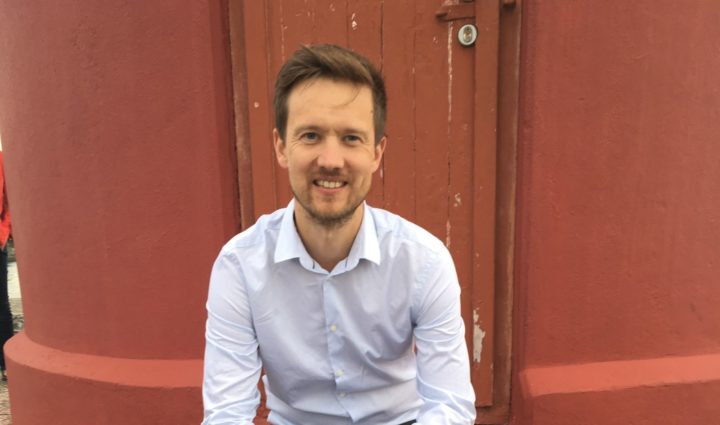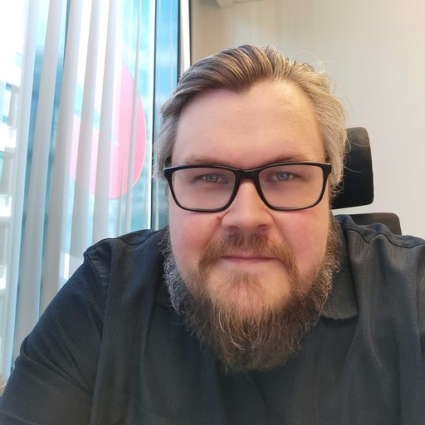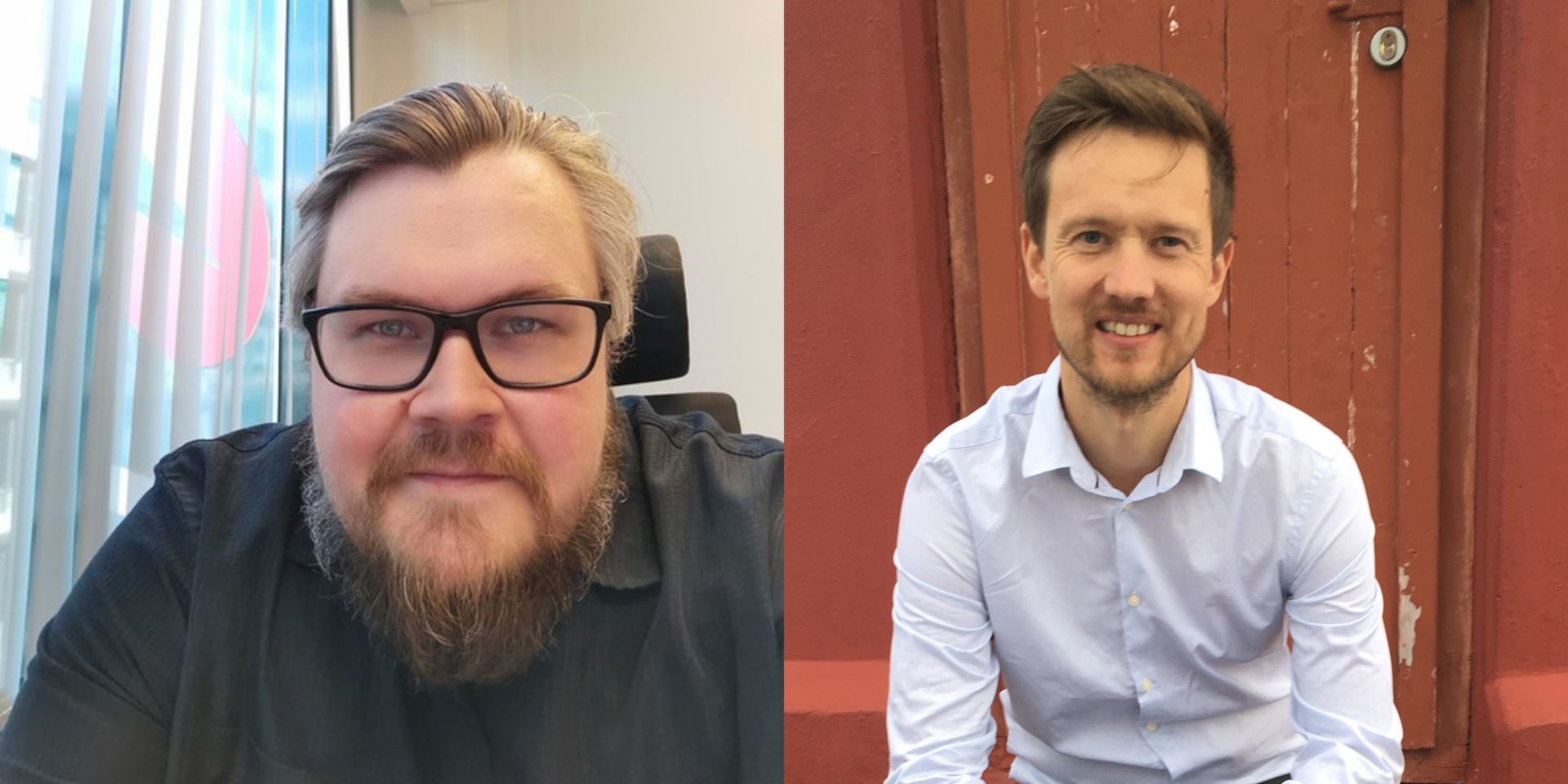To bring you into the life of our developers and employees working with tech innovation, we have talked to three Visma employees with different roles within our tech community. Through the interviews, you get insight into their workday, and how a large and diverse developer community creates better products—and a more fun work environment.
You can read the first two articles in this interview series here: Meet Brian Ye, Product Insights Lead in the Data Science Tech Hub and Meet Louise Lindberg, Product Development Director.
Q&A with Hans Petter Farstad

Tell us a little bit about your background?
I’m a 38-year-old full-stack Senior Consultant at Visma Avento. I’ve been with the company for the last 3 years (I’ve worked here for several years before that as well, but had three years working as a Systems Architect at another company in between).
Currently, I’m on a contract with Kongsberg Maritime where I contribute to developing their Vessel Performance platform.
What does a typical workday look like for you?
A typical day always includes a standup meeting with the team to discuss current work and issues. Throughout the week I will of course write code but also participate in technical and architectural discussions, planning sessions, code reviews and documentation.
Even though I work full time with an external client, like many of us do, I feel connected to the social life of being a part of the Visma Avento workforce.
From your experience, how does Visma’s tech culture differ from other companies?
I think we have a low bar for what’s worth sharing. Whether you’ve researched (or built your own) framework or you just want to share a helpful shortcut on an internal system, there are platforms to accommodate that.
I wouldn’t know if this differs from other companies, but I think it’s a really important part of the culture. Everybody is genuinely eager to help each other get better, without being asked.
If you’re struggling with a technical problem, there’s a good chance a colleague will notice and ask what’s up.
How would you describe the developer community in the company?
A key feature within the developer community I’d like to highlight is that we recognize that everyone’s different. There’s no corporate rule saying you have to use this or that tooling, framework or IDE (or tabs vs spaces).
This freedom comes with some responsibility of course. Sometimes the project will depend on your tech stack decision. If you’re unsure, there’s always someone with domain expertise you can ask.
What are the main benefits of working in diverse teams for you, and why do you think it is important?
I think you might develop solutions faster in a “non-diverse” team. But faster does not equal better.
Diversity in a team can be that X-factor where one team member’s cultural background serves as valuable input on how things should be implemented for a certain market. Or a language barrier works as a catalyst to write more readable and maintainable code for all team members.
You can always assume that each team member will add unique value, both from their tech experience and their life experience. It’s the human factor that we need to make great software.
For someone interested in becoming a developer at Visma, what are the top 3 things they should know?
- Learn concepts and the big picture first – Then it’s easier to learn the details when you need them.
- Learn to learn – You will never be finished learning. Being curious and willing to learn is essential for your career
- Be human – We all make mistakes. Learn from them. We all have bad days. Accept them.
Q&A with Tinius Alexander Lystad

Tell us a little bit about your background?
I started in Visma 9 years ago as a Software Test Engineer for one of our payroll products. After evangelising best practices across the company for a few years, I was asked to take more responsibility for Visma’s public cloud journey.
Today, I lead the Cloud and Engineering department which assists Visma companies with the engineering practices and technology they use for developing and delivering cloud software.
What does a typical workday look like for you?
I spend most of my time in video calls advising other Visma companies, with team members to improve our services, or in due diligence of potential acquisitions. When the meetings are over, I will often spend time preparing for the next internal or external talk I’m giving or coordinating one of many ongoing technical initiatives across the company.
From your experience, how does Visma’s tech culture differ from other companies?
One of the awesome things about Visma is the diversity, both in terms of people and technology. Whenever I am asked whether we use <insert technology here> in Visma, the answer is always yes.
We have the most modern serverless and event-driven systems you can imagine, but we also have one software system that was developed in the 1960s.
How would you describe the developer community in the company?
Knowledge is shared, not hoarded. There is a lot of competence development and experience sharing across the different Visma companies.
That means there are a lot of opportunities for knowledgeable people to share their competence, and it’s easy to learn and develop professionally.
For someone interested in becoming a developer at Visma, what are the top 3 things they should know?
The difference between programming and software engineering. There’s no better place than Visma to learn all the different things that go into making and delivering awesome cloud software.
Want to read more about what it’s like to work with tech and development at Visma? Visit our TechZone to get to know some of our employees, watch our TechTalks and see open tech jobs.

